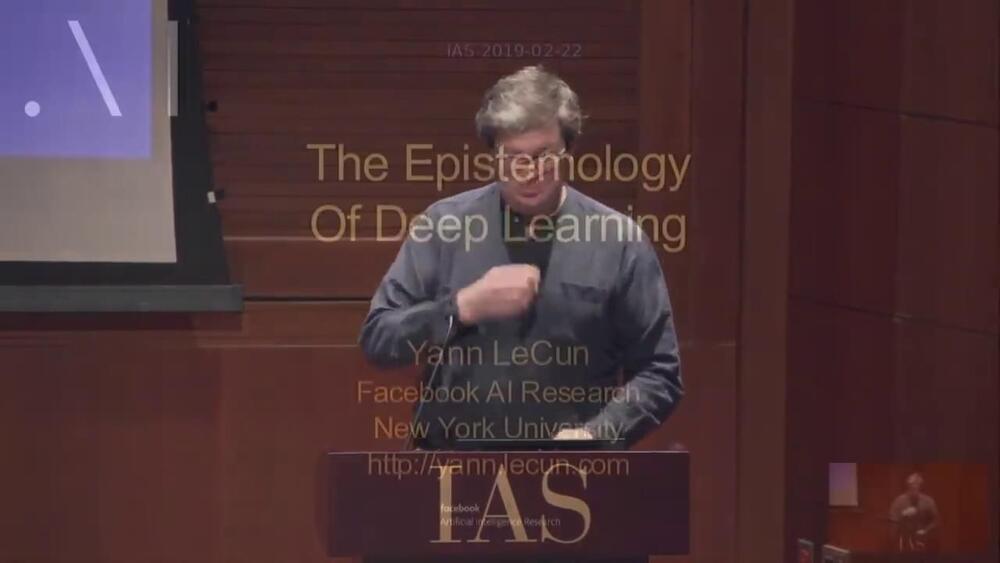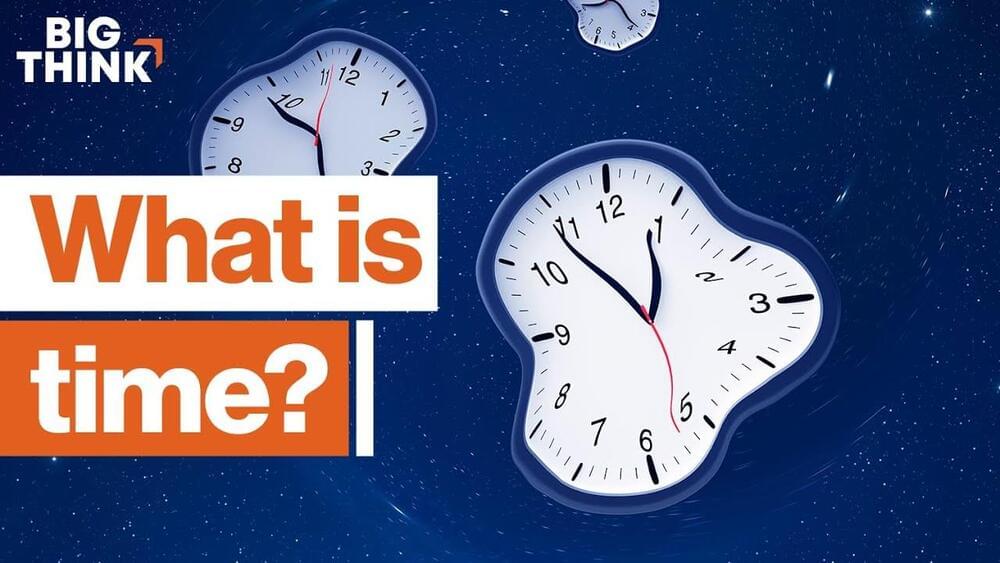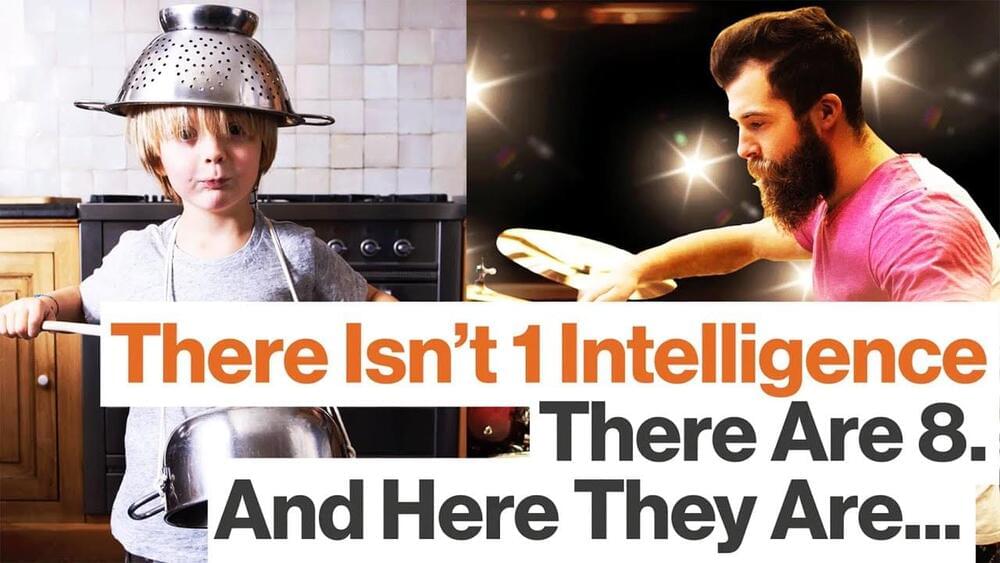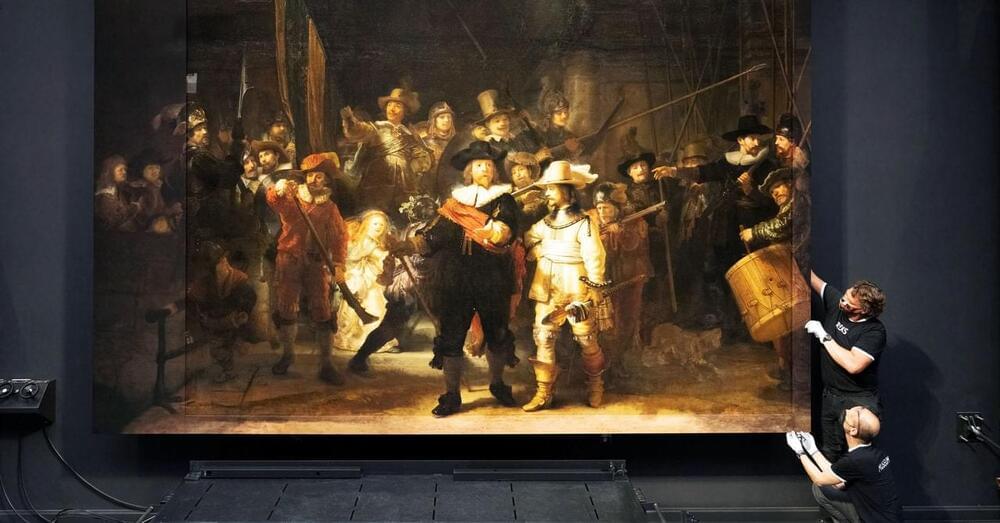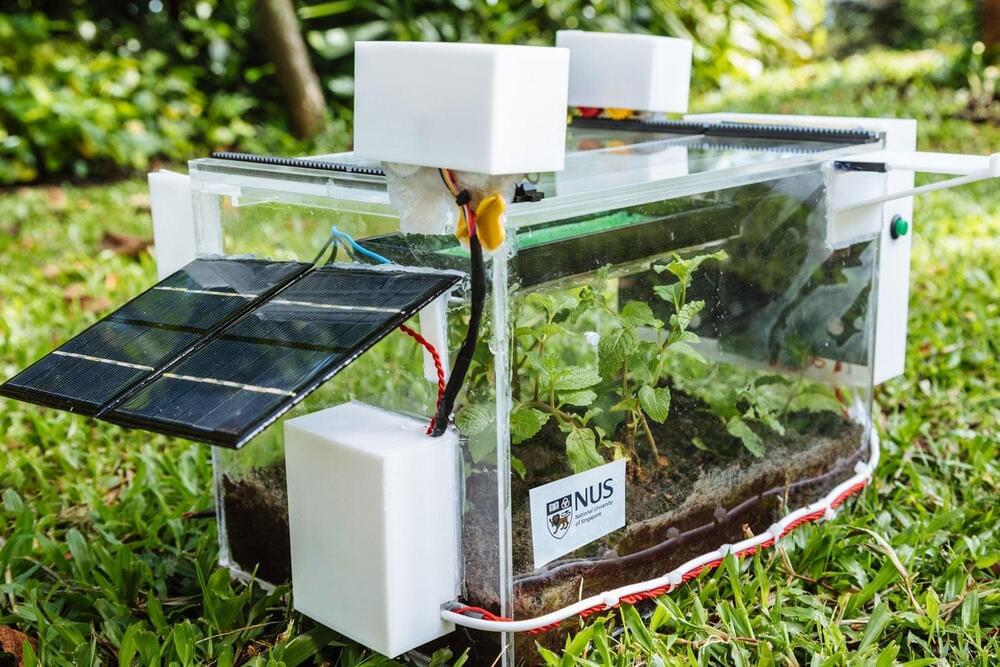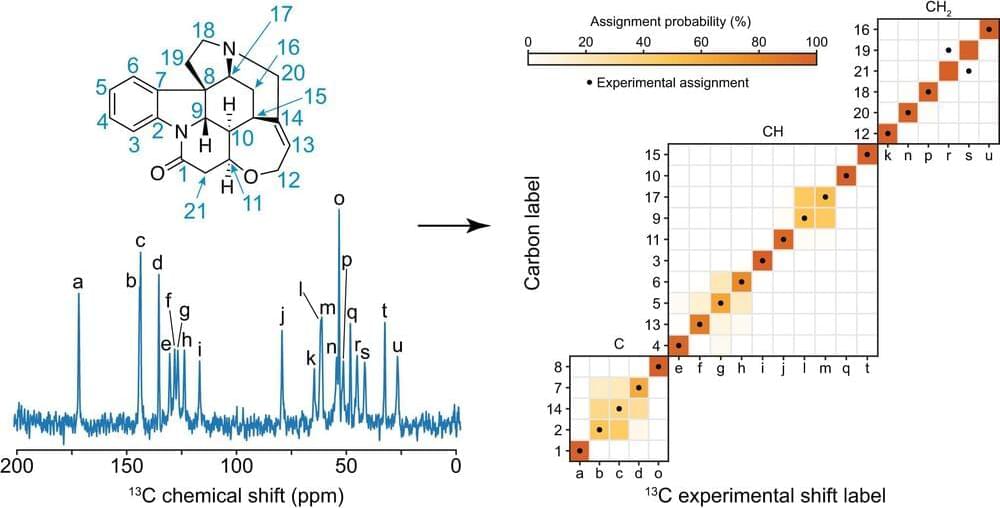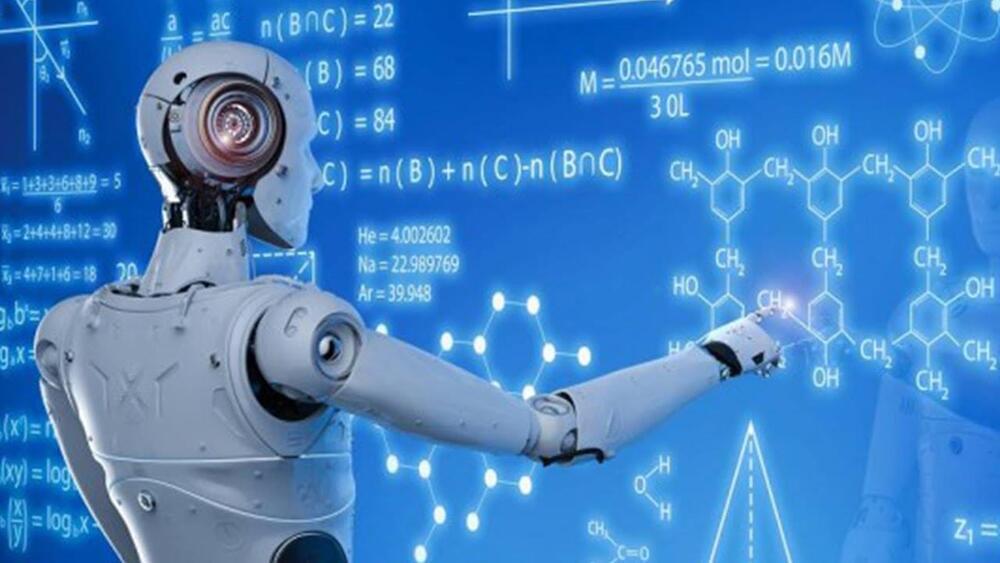
NVIDIA recently rolled out a demo of GAUGAN 2, an artificial intelligence-based text to image creation tool. GAUGAN 2 takes keywords and phrases you type in as input, and then generates unique images based on them.
In NVIDIA’s demo video, a user inputs “mountains by a lake” and GAUGAN 2 spits out a beautiful alpine landscape with a small lake in the foreground. We tried using GAUGAN 2 and, in practice, things aren’t as smooth as the demo implies. Certain keywords resulted in bizarre, terrifying results. GAUGAN 2 used this author’s name, for instance, to output an image of what looked like fungi on legs, walking down a street.
GAUGAN 2 is early in development at this point, and likely been trained only on a rather limited data set. Regardless, when it works, it offers a breathtaking snapshot of how AI technology could transform asset creation in movies in games in the years to come, with unique photorealistic landscapes and objects generated from just a few words of user input.
